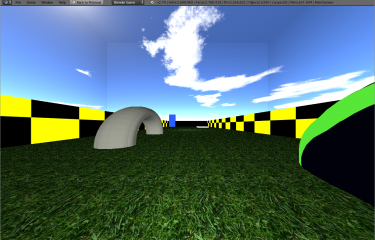A study demonstrates the learning and attention capacity of Drosophila, paving the way for a potential model for cognitive science research.
Drosophila are small flies that are widely used as an animal model in scientific research, especially in the field of genetics. But a study published recently in the journal Nature revealed the underestimated cognitive abilities of Drosophila. The authors of the article suggest that Drosophila can be considered as a potential model for research into higher cognitive functions.
The scientists used a virtual reality environment to test the flies' learning and attention capabilities and to observe the formation and disappearance of a short-term memory trace in the insects. Despite the considerable anatomical difference, these functions, often only attributed to mammals, seem to be present in Drosophila. This similarity makes Drosophila an animal of interest for cognitive science research.
This study is part of the priority scientific area Brain connectivity and neurodegenerative diseases of the Institut Pasteur's strategic plan for 2019-2023.
Source:
Differential mechanisms underlie trace and delay conditioning in Drosophila, Nature, February 16, 2022
Dhruv Grover1, Jen-Yung Chen1, Jiayun Xie1, Jinfang Li1, Jean-Pierre Changeux1,2,3, Ralph J. Greenspan1,4
1 - Kavli Institute for Brain and Mind, University of California, San Diego, La Jolla, CA, USA
2 - CNRS UMR 3571, Institut Pasteur, Paris, France
3 - College de France, Paris, France
4 - Division of Biological Sciences, University of California, San Diego, La Jolla, CA, US




